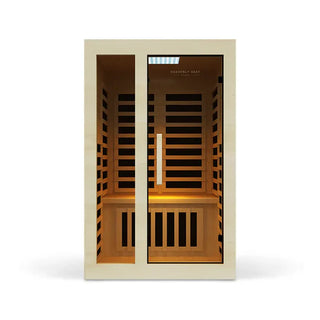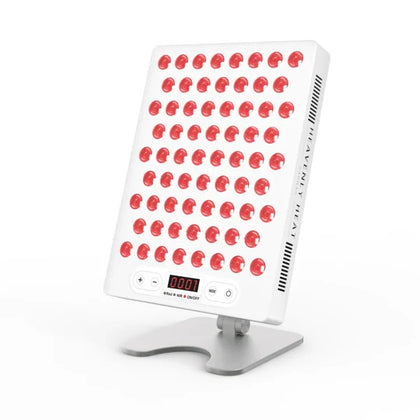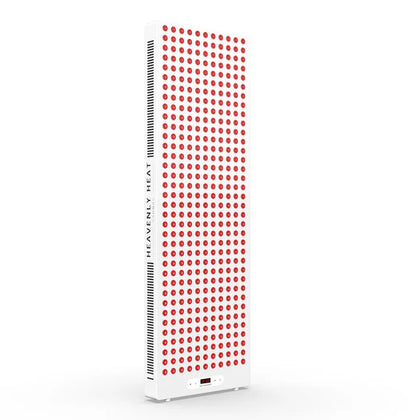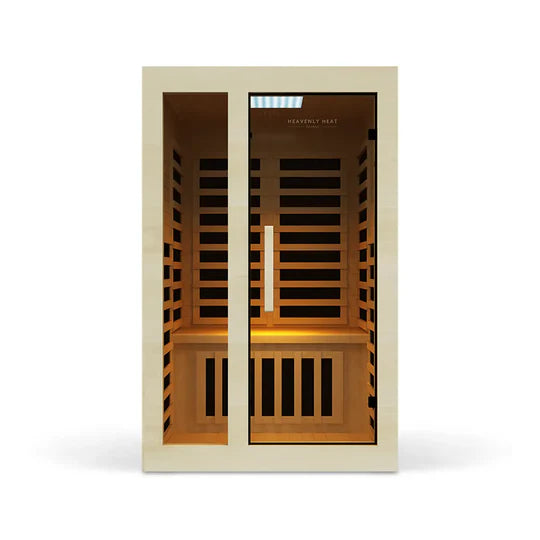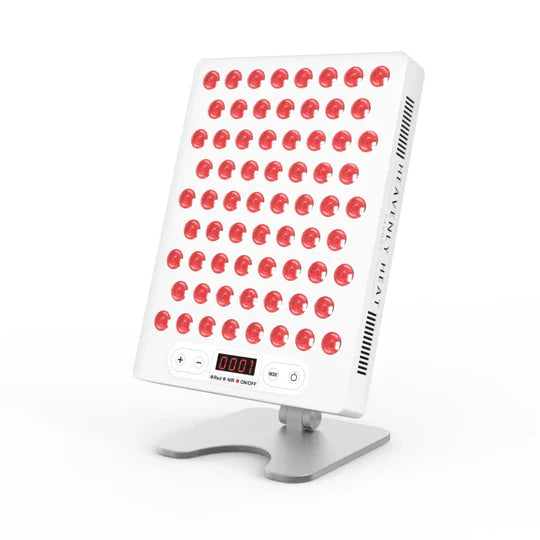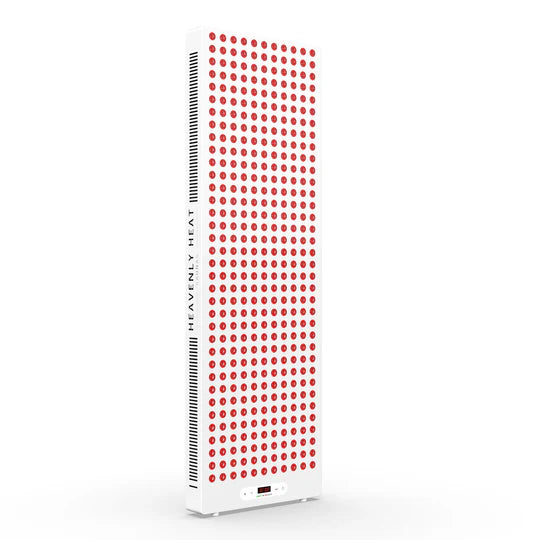Does Sauna Help With Anxiety?

Anxiety disorders, affecting nearly one in five U.S. adults annually, disrupt daily life through excessive worry and behavioral disturbances. These disorders range from panic and generalized anxiety disorders to social phobia and PTSD. With a significant impact on both adults and adolescents, exploring effective treatments is crucial. This article investigates whether saunas can alleviate anxiety, offering a potential natural remedy for this widespread mental health issue.
How Anxiety Impacts Your Life?
If not addressed, anxiety can significantly impact your cognitive performance and overall well-being. “Anxiety disorders constitute a sizable worldwide health burden with profound social and economic consequences, according to recent research. Symptoms can include feeling overly alert and having trouble focusing.
Chronic anxiety can lead to:
- Trouble concentrating and being less productive at work or school
- Constantly noticing and worrying about potential dangers
- Problems with remembering things
- Focusing on avoiding harm, which can sometimes be helpful but also harmful
- Planning abilities usually stay the same despite other thinking problems
THE SCIENCE BEHIND SAUNA AND ANXIETY
Saunas don’t just help you relax, they actually change how your brain works to ease anxiety. When you sit in a hot sauna, your brain waves shift into a calm and restful state.
In one study from 2023 , people who did three rounds of sauna, cold water, and rest showed clearer brain activity linked to feeling relaxed and focused.
They also said they felt physically more relaxed and reacted faster to simple tasks. This means the sauna helps your brain work better and keeps your body calm.
Another big study from 2018 followed over 2,100 men for almost 25 years. It found that men who used the sauna often, four to seven times a week, had a much lower chance of developing serious mental health problems like psychosis.
The researchers said frequent sauna use strongly protects mental health. And the best part? No harmful side effects showed up in either study.
While sauna can help reduce anxiety and improve mood, remember it’s not a magic cure, and scientists still want to learn more about how it works.
How Does Sauna Help You with Anxiety?
Sauna bathing offers a natural remedy for anxiety by promoting relaxation and triggering endorphin release. Research indicates it reduces stress, improves cardiovascular health, and enhances sleep quality, potentially easing anxiety symptoms through multiple physiological pathways.
Endorphin Release
Sauna bathing increases β-endorphin levels according to research. This hormone is released during sauna sessions, promoting relaxation and well-being. Regular sauna use enhances this effect as the body adapts to the heat, offering ongoing relief from stress and anxiety.
Relaxation Response
Sauna bathing, known for its relaxation benefits, may help alleviate anxiety by triggering a relaxation response in the body, similar to the effects of moderate physical activity. This response improves cardiovascular function and reduces stress levels. While additional research is necessary to confirm sauna’s specific role in managing anxiety, its safety and enjoyable nature suggest it could be a valuable addition to stress-relief strategies.
Reduce Stress
Sauna bathing offers a promising method to reduce anxiety by alleviating stress through physiological responses like improved cardiovascular function and reduced inflammation. Research indicates that sauna sessions enhance heat shock proteins and interleukin-6 levels, which play crucial roles in stress modulation (Hunter et al., 2024). This natural therapy may provide a practical approach for anxiety management, leveraging its stress-relieving effects on both the body and mind.
Improve Sleep
Improved sleep plays a crucial role in reducing anxiety, supported by research linking sleep quality to mental health. Studies indicate that people with poor sleep are more likely to experience higher levels of anxiety and depression. Conversely, better sleep quality is linked to lower anxiety and depressive symptoms, underscoring the need to address sleep issues to reduce mental stress.
Research on sauna bathing shows that it significantly improves sleep quality, with 83.5% of users reporting sleep benefits. This finding comes from a study using a detailed online questionnaire to explore sauna habits and health outcomes among participants. These insights suggest that improving sleep could help alleviate anxiety by enhancing overall sleep patterns and rest quality.
Other Therapies that help with Sleep Anxiety
Meditation
Feeling anxious? Meditation might be a simple tool to calm your mind. It helps slow down racing thoughts, lowers your heart rate, and trains your brain to stay present.
A large review of 36 clinical trials found that meditation significantly reduced anxiety symptoms, especially compared to doing nothing or just talking about stress.
Another study on people with Generalized Anxiety Disorder showed that mindfulness meditation led to better anxiety relief and improved stress coping compared to standard stress education. So, a few quiet minutes a day might really make a difference.
Aromatherapy (Essential Oils)
Aromatherapy can calm your mind by using natural scents to gently relax your nervous system. When you breathe in essential oils like lavender or rose, the scent travels straight to the part of your brain that controls emotions and stress.
That’s why it helps you feel more at ease. One large review looked at 32 clinical trials and found that people who used aromatherapy, whether through massage or just breathing it in, had a big drop in anxiety levels.
Another study showed that rose water aromatherapy lowered anxiety in dialysis patients after just four weeks. The results were clear and meaningful.
Yoga
Feeling anxious and looking for something that actually helps? Yoga could be a great place to start. It helps you slow down, breathe deeper, and feel more in control.
When you move your body through yoga poses and focus on your breath, your mind starts to calm down.
In one study , people taking care of sick loved ones felt much less anxious and stressed after doing yoga for just a month.
Another study found that women felt better and less anxious after doing hatha yoga three times a week. Yoga really can help.
Combining Sauna with Other Therapies for Enhanced Anxiety Relief
Meditation
Studies show that meditation is known to help reduce anxiety levels as measured by tests. People who meditate regularly tend to experience less anxiety over time, even though they might start with higher levels. Meditation isn’t proven to be more effective than other treatments for reducing anxiety. Factors like how easily someone can relax on their own and what they expect from meditation may affect how well it works. Combining meditation with sauna sessions could be beneficial for reducing anxiety, especially for people who find it easy to relax by themselves.
Aromatherapy
In a clinical study examining the effects of inhalation aromatherapy on preoperative anxiety levels, patients exposed to lavender-scented inhalation experienced a significant reduction in anxiety compared to those in the control group who received a placebo. This suggests that aromatherapy, particularly using lavender, can effectively complement conventional treatments in anxiety management. Such findings underscore the potential for combining aromatherapy with other therapies like sauna sessions to enhance overall anxiety reduction strategies.
Breathing Exercises
Research highlights the integration of mindfulness, meditation, and breathing techniques as effective tools in social work education for reducing anxiety among master of social work (MSW) students. Implemented in a group classroom setting, these techniques not only equipped students with trauma-informed care skills but also facilitated personal stress management. The incorporation of these practices not only benefited clients in therapy sessions but also contributed to the students’ own stress reduction and self-care. Thus, combining breathing exercises with therapies like sauna sessions could offer a robust approach to anxiety reduction in clinical settings.
Stretching
Stretching exercises, as shown in a study on workplace intervention, effectively reduce anxiety levels among workers. Combining these with sauna sessions could synergistically enhance anxiety reduction. The study highlighted significant improvements in flexibility, vitality, and mental health, suggesting that integrating sauna therapy with stretching may offer a holistic approach to promoting well-being and reducing anxiety in various settings.
Music Therapy
Combining sauna sessions with music therapy can enhance anxiety reduction synergistically. Research shows music significantly lowers self-reported anxiety levels (d = −0.30, 95% CI [–0.55, –0.04]), although effects on psychophysiological signals vary. Sauna-induced relaxation may complement music’s impact on blood pressure, cortisol levels, and heart rate, supporting a holistic approach to anxiety management
Massage Therapy
Combining sauna sessions with massage therapy offers a holistic approach to anxiety reduction. Research indicates that while massage therapy shows comparable effectiveness to other treatments for anxiety, sauna sessions can complement its relaxation benefits. This combination could enhance overall therapeutic outcomes, providing individuals with generalized anxiety disorder (GAD) a potentially effective complementary treatment option.
Conclusion
Sauna bathing provides a natural remedy for anxiety by promoting relaxation, endorphin release, and better sleep quality. Integrating sauna sessions with therapies such as meditation, aromatherapy, and massage shows promise in enhancing treatment effectiveness. While more research is needed, sauna’s safe and complementary nature makes it a valuable addition to anxiety management strategies.




